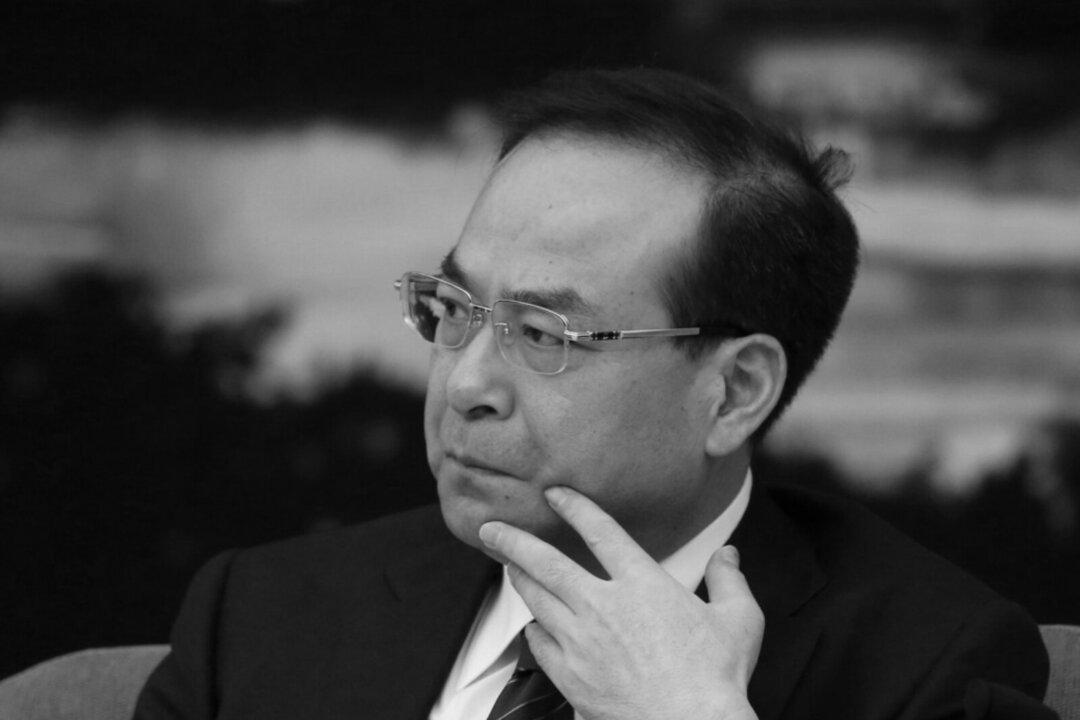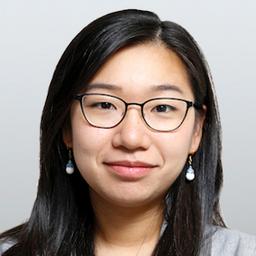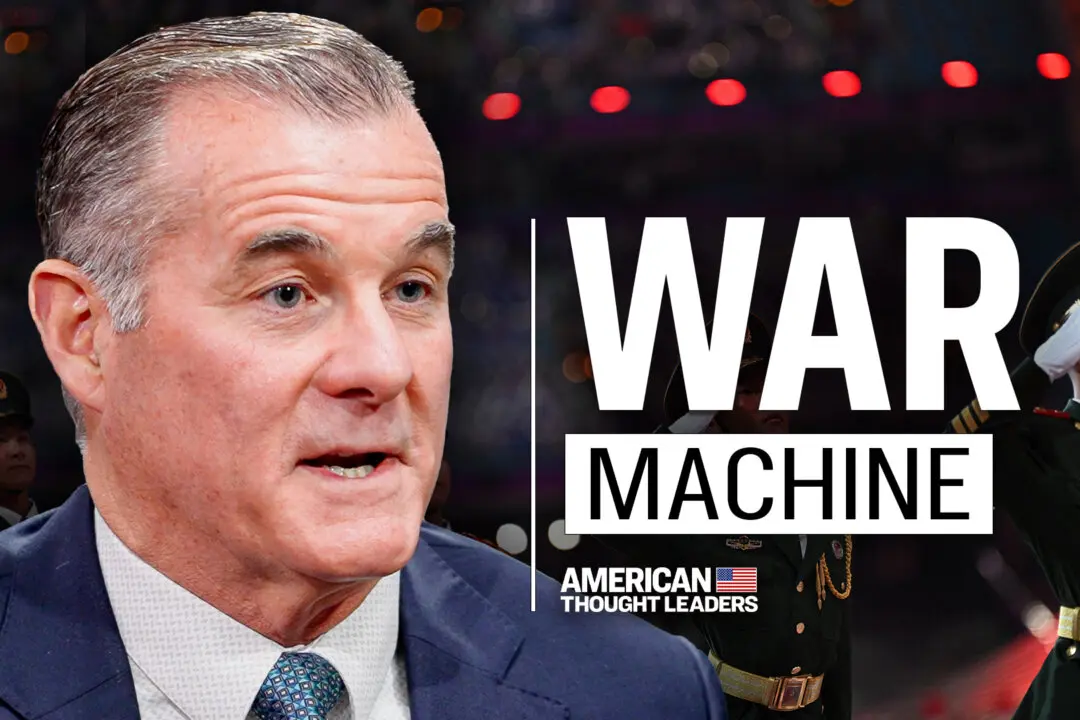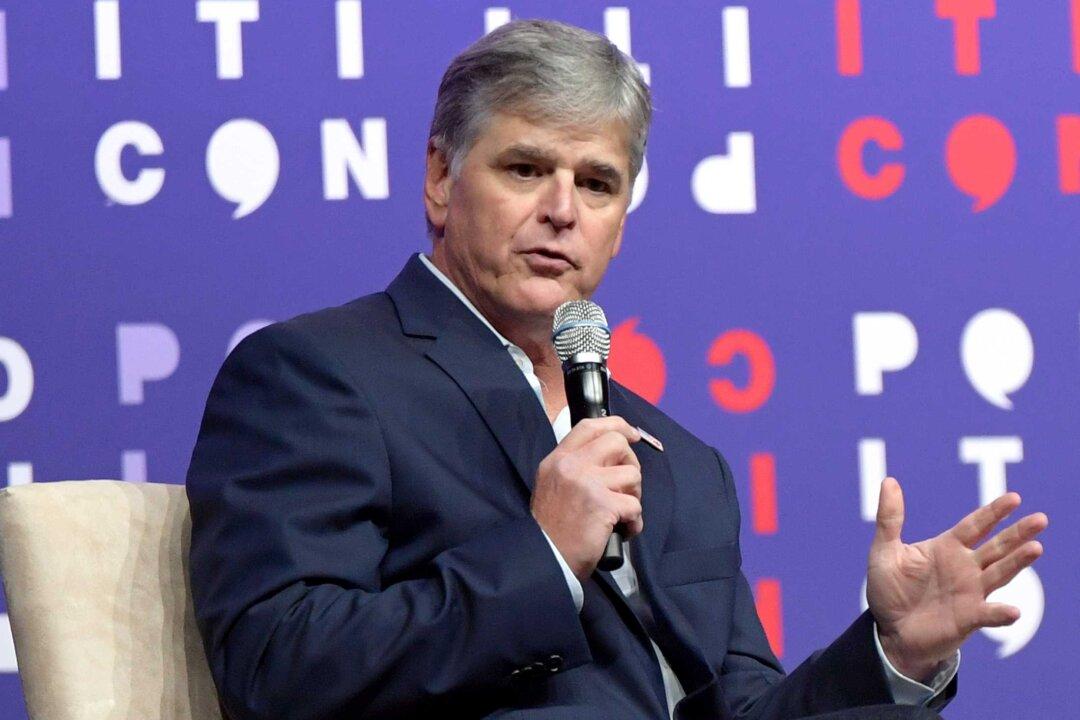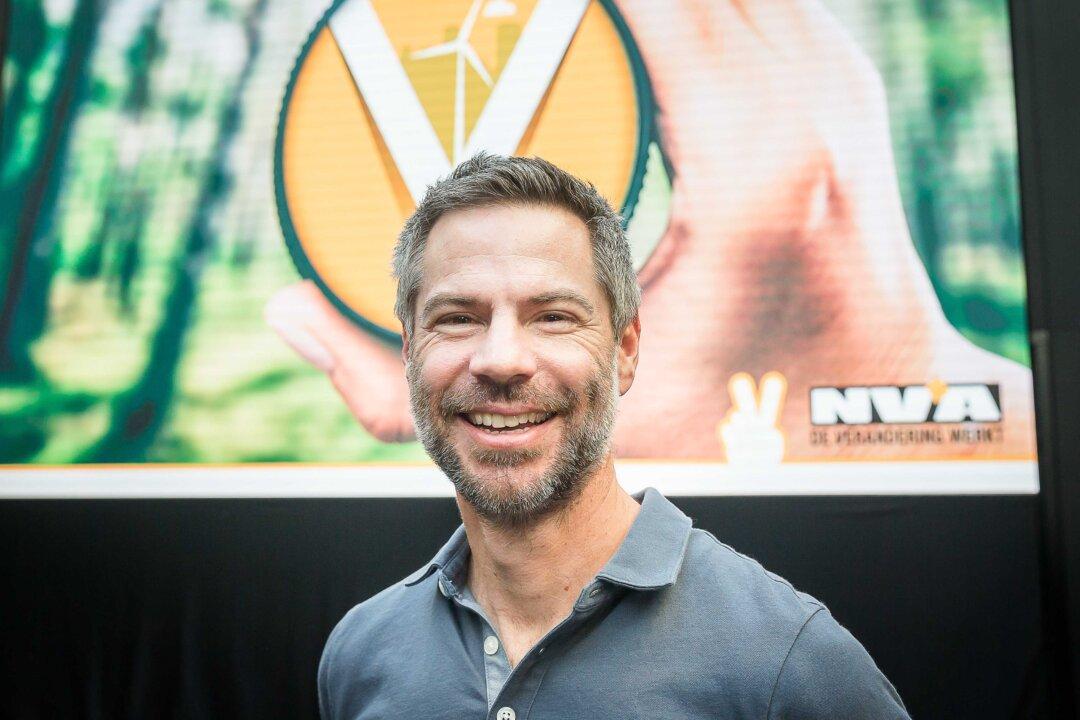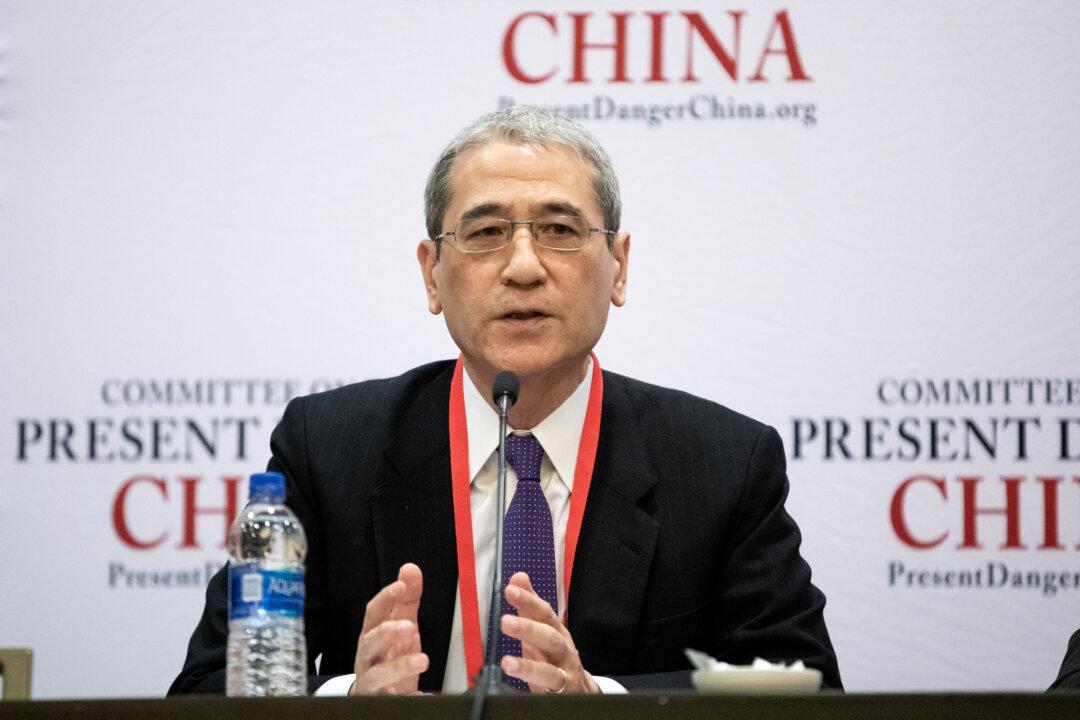A number of Chinese officials from several provinces have hastened to show their support for the investigation into Sun Zhengcai, a powerful cadre who headed the Communist Party organization in the city of Chongqing before his recent ousting.
Sun is one of the highest-ranking officials to be purged by Chinese leader Xi Jinping’s sweeping anti-corruption campaign. At 53, Sun was one of the youngest members of the Politburo, the Chinese regime’s 25-person ruling body, and he was seen by observers as a potential successor to Xi Jinping as China’s next leader.
On July 15, Sun was removed from his position and a week later, put under investigation for “severe violations of discipline,” a phrase synonymous with corruption.
In ousting Sun Zhengcai, Xi Jinping has strengthened his position, evidenced by the multitude of officials—including from the cities of Beijing, Tianjin, and Shanghai and the provinces of Jilin and Hunan—who have eagerly “demonstrated loyalty” to Xi and his anti-corruption campaign.
Their eagerness to distance themselves from Sun suggests that Sun’s crimes, although unclear, are particularly grave.
On July 26, an emergency meeting of provincial officials was held in Zhongnanhai, the Beijing compound that hosts the Communist Party leadership. Observers believe this meeting was convened as a means of weakening internal opposition to Xi Jinping.
The fall of Sun and the expressions of support for his investigation indicate that Xi is gaining the upper hand against the powerful opposing faction helmed by former Party chief Jiang Zemin, in the months leading up to a major Party reshuffling later this year.
During his time in power from 1993 to 2003, Jiang fostered a culture of kleptocracy, corruption, and abuse of power in China. He maintained strong informal networks in the communist regime even after being superseded by Party head Hu Jintao, and many officials remain tied into Jiang’s faction.
Chongqing, a provincial-level city with a population of some 30 million, is a major commercial and industrial hub. Prior to Xi’s ascension to power in 2012, it had been run by Bo Xilai, a prominent Jiang ally. Bo was sentenced to life in prison in 2013.
Sun Zhengcai was once the top aide to two allies of Jiang Zemin and succeeded Bo as Party boss of Chongqing. Before this assignment, he had been a Party secretary of Jilin Province in Northeast China, where the Jiang faction also enjoys influence.
In February, the Party’s disciplinary agency, which carries out the anti-corruption campaign, reprimanded the Chongqing administration for failing to thoroughly cleanse itself from the corrupt influences of its former boss, Bo Xilai, and his right-hand man, Wang Lijun.
“When Sun Zhengcai came to office in Chongqing, he was supposed to purge the ’residual poison‘ of Bo Xilai and Wang Lijun, but he not only failed to do so but also colluded with the ’residue poison’,” said one Beijing princeling—a term for the children of revolutionary Party leaders—in an interview with the Epoch Times. He asked to remain anonymous to protect his identity.
“Sun’s wife set up a lady’s club in Beijing and had close relations with Gu Liping, the wife of Ling Jihua,” he added. Ling Jihua is part of the Jiang faction and the former top aide to the Chinese Communist Party. He was purged for corruption in July 2015.
The Beijing princeling added that Sun also sought to gain personal profits from the ‘One Belt, One Road’ initiative that has been marketed as a cornerstone of Xi Jinping’s foreign policy.
The timing of Sun’s purge notably coincides with an annual gathering of top Party leaders at Beidaihe, a seaside resort town a few dozen miles away from Beijing. They will delineate future plans for the Party and configure the roster of the new Party leadership, which will be determined at the 19th National Congress at the end of this year.
“Sun Zhengcai was basically Jiang Zemin’s designated, cross-generational successor,” said the Beijing princeling. “Sun Zhengcai’s fall cuts the Jiang faction off from their escape route. It is impossible for him to succeed Xi Jinping in the future.”
Xi Jinping decided to oust Sun to avoid a replay of a 2012 coup attempt by Bo Xilai and security czar Zhou Yongkang, said independent political commentator Hua Po.
A Xi loyalist, Chen Min'er, has taken Sun’s place as Chongqing’s chief. Chen worked with Xi Jinping when Xi was Party chief of Zhejiang Province from 2002 to 2007 before being sent to lead the impoverished province of Guizhou. As Chongqing chiefs typically sit on the elite Politburo, Chen’s placement gives Xi the opportunity to nab another seat on the 25-member body during the 19th National Congress.
